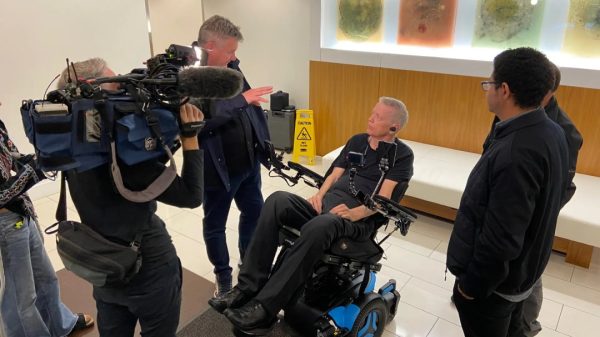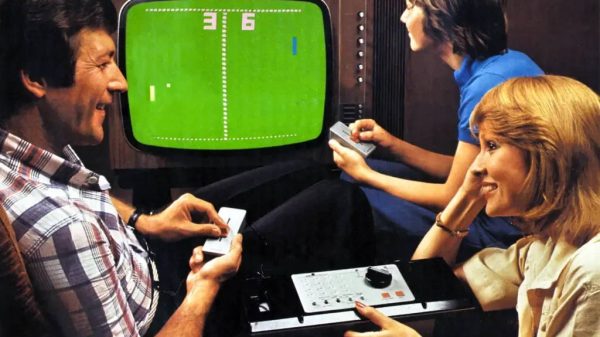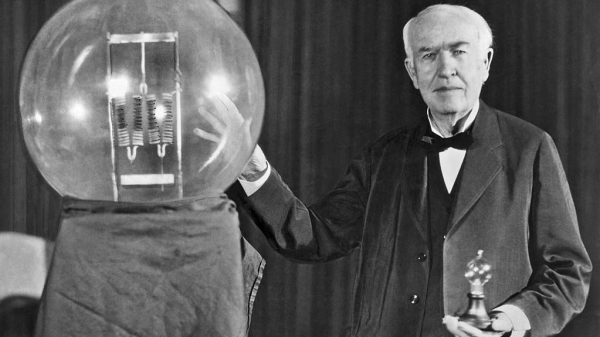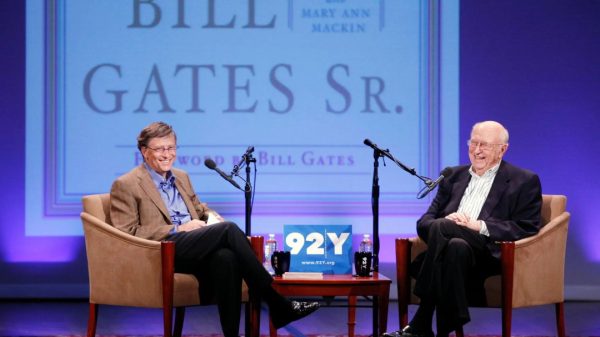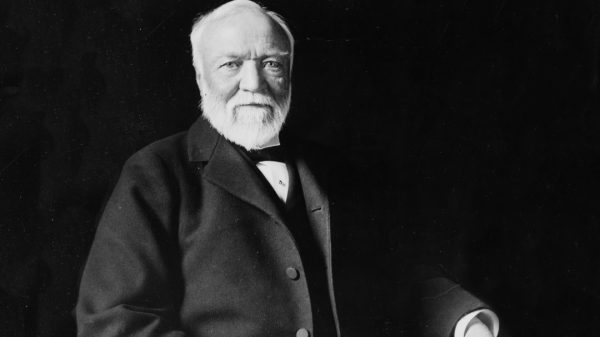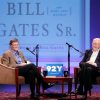Minda Zetlin explores the teenage habits of some of the most successful individuals in the article Bill Gates Says If You Want World-Class Success, Ask Yourself This Weird Question.
What did you like to do most when you were a teenager? According to Bill Gates, the answer to this question will tell you what career you should pursue. “The thing you do obsessively between age 13 and 18, that’s the thing you have the most chance of being world-class at,” he told Charlie Rose in an 2016 interview.
Bill Gates
Gates went on to say that there was only one thing he was obsessive about at that age — writing software. He was so obsessed with it that, in those days of mainframes the size of a football field when time on a computer was a rare and precious thing, he would rise at 5 am to take advantage of an available half hour of computer time. He even hacked into school computers that “we wouldn’t generally have been given access to.”
Warren Buffett
“I was pretty interested in investing,” he said. In fact, he bought his first shares, in the company now named Citgo, at age 11. He had many entrepreneurial ventures as a child and teenager as well, and at 14 bought a 40-acre farm that he rented to a tenant farmer.
Richard Branson
He started businesses selling parakeets and Christmas trees, both of which failed. Then at 16, he started a magazine called Student that took off slowly but earned him 50,000 pounds (about $60,000 at today’s exchange rates). With that money he was able to start a mail-order record business, undercutting the high prices at London’s established record stores. He’s been starting companies ever since. The Virgin Group controls more than 400 of them today.
Steve Jobs
Jobs loved electronics, but even then he was an iconoclast. He took an electronics course in high school but dropped out when he didn’t get along with the teacher.
At 17, he enrolled in Reed college, but famously dropped out after one semester and simply began sitting in on the classes that struck his fancy. One of these was a calligraphy class. During his famous Stanford commencement speech, Jobs later said that the calligraphy at Reed was particularly beautiful and compelling. At the time, he had no thought that he’d ever use calligraphy for anything — he dreamed of a career in electronics, after all. But he did two things he would be known for ever after. He followed his instincts without questioning them too much, and he indulged his love of beautiful design. During the speech he said, “If I had never dropped in on that single calligraphy course in college, the Mac would have never had multiple typefaces or proportionally spaced fonts.”







